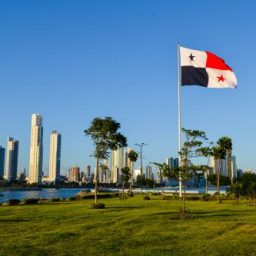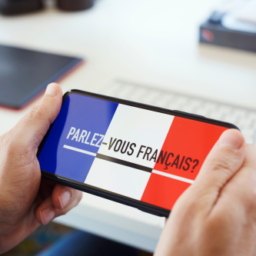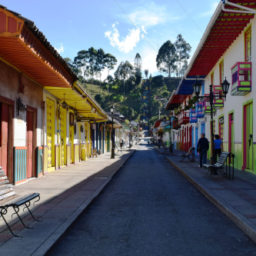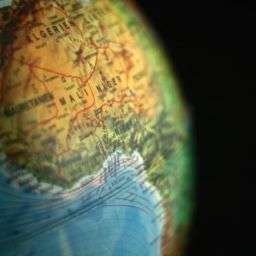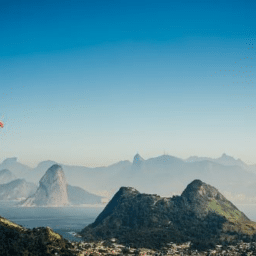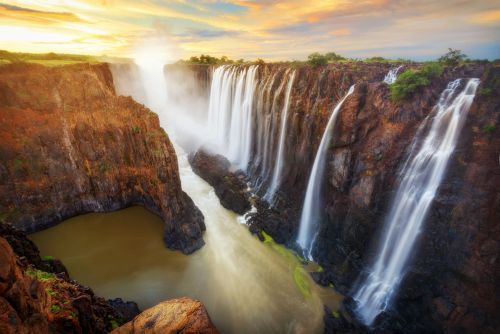

What is the first thing that comes to your mind when you think of Zimbabwe? For our team, it would be majestic Victoria Falls, endless savanna and the Big Five game animals.
Zimbabwe is a true cultural melting pot. Its 16 million population is composed of various ethnic groups. The most numerous are Bantu tribes: Shona and Ndebele, but a considerable part of the society belongs to different clans (Chewa, Tonga and Venda among others; source: study.com).
Contents
Zimbabwe in a nutshell
Zimbabwe is a country located in Southern Africa. It borders Botswana, Mozambique, South Africa, and Zambia. The state’s capital is Harare. Nowadays, Zimbabwe has two currencies in use: the national Zimbabwe dollar and the United States dollar.
Zimbabwe is divided into 8 provinces and 2 cities with provincial status (Harare and Bulawayo). The country’s political system is a republic, with Emmerson Mnangagwa as the head of state. He has replaced the long-ruling former president Robert Mugabe, who resigned in 2017.
As a relic of British colonial rule, left-hand traffic applies in Zimbabwe. For a long time, until 2003, the country remained a member of the Commonwealth. According to the 2012 Census, 99.6% of the population has African roots; white residents constitute the remaining 0.4%. Christianity is the religion that gained the biggest share of believers.
In 2022, the estimated life expectancy in Zimbabwe was 62 years. It is safe to say that the country has made big progress from the 44 years anticipated in 2003. All due to the development of the healthcare system (source: macrotrends.net). There has been a considerable number of allegations of human rights violations against Zimbabwe: restriction of freedom of speech, illegal arrests, tortures, and sexual abuse by the police and military.
Zimbabwe – language
The 2013 Zimbabwe constitution mentions 16 official languages: Shona, Ndebele, Tonga, Chibarwe, English, Kalanga, Khoisan, Nambya, sign language, Ndau, Shangani, Sotho, Tswana, Venda, Xhosa, and Chewa. Some of them are used by millions of people; others are on the brink of extinction. Zimbabwe (together with Bolivia and India) is a country with one of the highest numbers of official languages (source: Ad Astra).
Shona
Shona is the most popular language of the country and has been considered the mother tongue of approximately 10 million people. Another few million uses it in everyday communication. Harare, the capital of Zimbabwe, is almost entirely Shona-speaking (source: devere-zimbabwe.co.zw).
Ndebele
The second language in terms of popularity is Ndebele, another Bantu tongue. It has a community of 2 million speakers, who live mainly in the southern part of Zimbabwe. The most significant number of its users can be found in Bulawayo (source: devere-zimbabwe.co.zw).
English
English has been considered a common language in Zimbabwe. Its beginnings in the country can be traced back to 1888 and the arrival of numerous British colonisers. The language is used in administration, business, and schools. For many of the residents, it is not a mother tongue. Only 5% of the population speaks English since early childhood (source: Languages of Zimbabwe: A Journey of Discovery into Languages in Zimbabwe).
Tonga
Tonga, another language from the Bantu family, has around 200 thousand users in Zimbabwe, mainly in the northern parts of the country. Since the arrival of Christian missionaries, it has been written with the Latin alphabet. To represent the Tonga pronunciation, slight changes had to be made in the system.
Chewa
Chewa is a popular language in southern regions of Africa. Its speakers live in Malawi, Mozambique, Zambia, and north-eastern Zimbabwe, where it takes the 3rd place in terms of the number of users (source: wholeeartheducation.com).
Sign language
Sign language in Zimbabwe is considered an official language. The Zimbabwe National Association of Deaf has 280 thousand members. Although the government’s decision definitely deserves a prize, there have been some doubts. The question is: Which sign language should be considered the official one? The last 50 years in Zimbabwe brought the development of at least 7 lingoes. Moreover, some citizens prefer to use American Sign language.
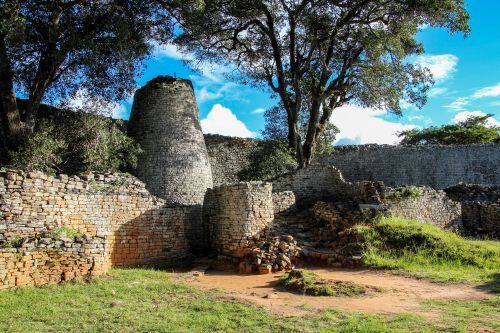
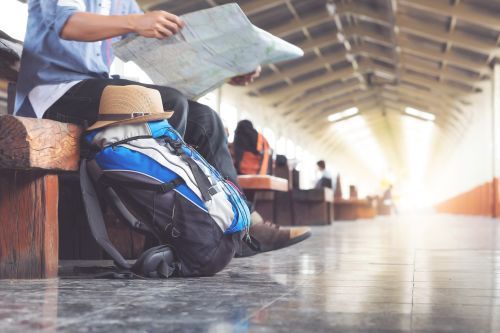
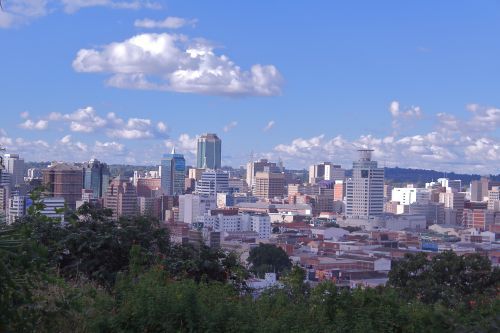
Shona basic phrases
You will not have difficulties finding English speakers in Zimbabwe. However, if you intend to make new friends, we strongly recommend learning some basic phrases in local languages that will help you get around with ease. Let’s start with Shona, which will be particularly useful during your stay in Harare.
- Mauya – Welcome
- Mhoro – Hello
- Urare zvakanaka – Good evening
- Wakadini zvako? – How are you?
- Ndiri rayiti – a popular response to “how are you?”
- Unonzani? – What is your name?
- Ndinonzi… – My name is…
- Unobva kupi? – Where are you from?
- Ndinobva ku… – I am from…
- Ndafara kukuziva. – Nice to meet you.
- Sara zvakanaka – Goodbye
- Uve nemhanza yakanaka! – Good luck!
- Uve nezuva rakanaka! – Have a nice day!
- Mudye kunaka! – Enjoy your meal!
- Ufambe zvakanaka! – Safe travels!
- Munonzvisisa here? – Do you understand me?
- Ndinonzvisisa. – I understand.
- Handisi kunyaso nzwisisa. – I do not understand.
- Ndinokumbirawo kuti musakurumidze kutaura. – Please speak slower.
- Ndinokumbirawo kuti muzvitaure futi. – Please repeat.
- Pamusoro – I am sorry
- Waita zvako – Thank you
Ndebele basic phrases
If your destination is Bulawayo, instead of Harare, and you plan to learn some local lingo, focus on Ndebele. Here you will find some useful phrases.
- Siyalemukela – Welcome
- Salibonani – Hello
- Unjani? – How are you?
- Ngiyaphila – a popular response to “how are you?”
- Ibizo lakho ngubani? – What is your name?
- Mina ngingu… – My name is…
- Uvela ngaphi? – Where are you from?
- Ngivela e… – I am from…
- Kuhle ukukubona! – Nice to meet you!
- Lilale kuhle – Good night
- Lisale kuhle – Goodbye
- Ngikufisela inhlanhla enhle! – Good luck!
- Ube lelanga elihle! – Have a nice day!
- Udle kuhle! – Enjoy your meal!
- Hamba kahle! – Safe travels!
- Ngiyezwa – I understand.
- Angizwa – I do not understand.
- Angazi – I do not know.
- Khuluma kancene. – Please speak slower.
- Phinda futhi. – Please say it one more time.
- Uyakhuluma isikhiwa? – Do you speak English?
- Uxolo – I am sorry
- Ngiyacela – Please
- Ngiyabonga – Thank you
Zimbabwean literature
According to the data gathered by UNESCO, 83.6% of adult residents of Zimbabwe can write and read. Local sources mention a more considerable number (up to 90%). Such a high degree of literacy puts the country in the lead in comparison with the majority of African states (source: africacheck.org).
For a long time, local tales and legends were only transmitted orally. The Christian missionaries, who came to Africa not only to Christianize but also to teach, brought the Latin alphabet to the people, and the development of Zimbabwean literature started slowly. The first national novel, Teso by Solomon Mutswairo, arrived in 1956.
Firstly, Zimbabwean literature was strongly inspired by the works of colonial authors. When European influence started to be considered a real danger to African culture, the artists went their own way. Some of the most prominent writers are Dambudzo Marechera, NoViolet Bulawayo and Stanlake Samkange.
Translating literature is much more than just finding the relevant equivalents in another language. More than anything, it is transmitting the atmosphere of the work. Our English, French and Ukrainian translators have been born with that skill.
Is Zimbabwe worth visiting?
Zimbabwe is a good travel destination for all adventure seekers. Not many foreign tourists decide to visit the country, so you will not feel overwhelmed by the crowd. From the moment you step out of the plane on the African continent, you will not get bored. The beautiful and almost wild nature will take care of it.
If you wish to master a unique ability, you can try to learn Shona or Ndebele. Nevertheless, if you do not plan to travel to Zimbabwe often, we do not encourage this option as finding reliable manuals to study is anything but easy. Instead, we recommend Italian, Spanish, or French which will prove useful during many of your travels. Do you need extra motivation and tutoring during your learning journey? Take a look at our language courses.






